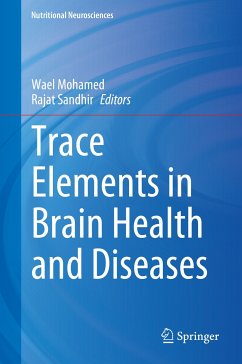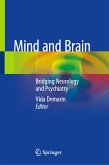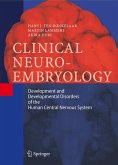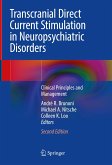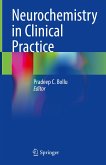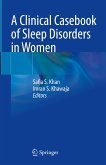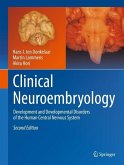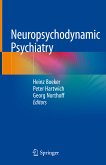This book reviews the role of trace elements in brain development, function, metabolism, and neurodegenerative disorders. It explores the molecular mechanisms of the effects of trace elements on metabolic pathways, mitochondrial nutrients, neurodegeneration, Central Nervous System (CNS) disorders, cell signaling, and neuronal functions. The book also discusses transport mechanisms of trace elements within CNS and their impact on neurotransmitter biology. Further, it examines the deleterious effects due to dyshomeostasis of trace elements in the central nervous system (CNS), resulting in damage to neurons and glial cells through the generation of reactive oxygen species and oxidative stress turn leading to neurodegeneration and neurological dysfunction. The book also explores the putative role of trace element deficiency in psychiatric disorders, including depression, and the imbalance of trace elements on neuronal genomic stability.
Dieser Download kann aus rechtlichen Gründen nur mit Rechnungsadresse in A, B, BG, CY, CZ, D, DK, EW, E, FIN, F, GR, HR, H, IRL, I, LT, L, LR, M, NL, PL, P, R, S, SLO, SK ausgeliefert werden.

